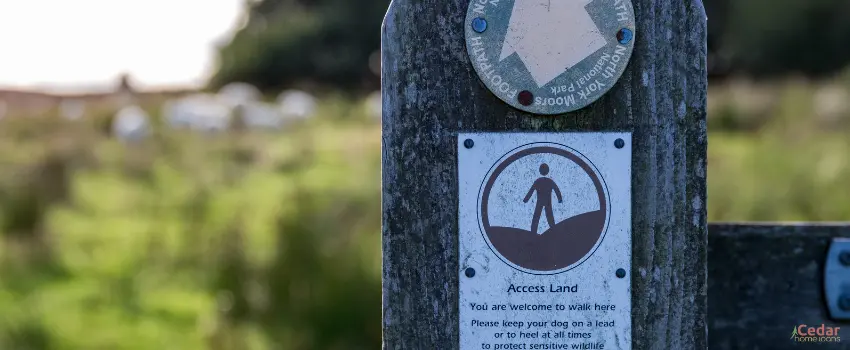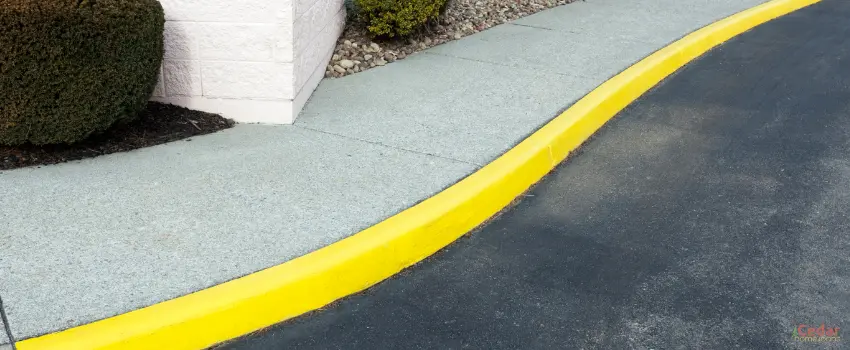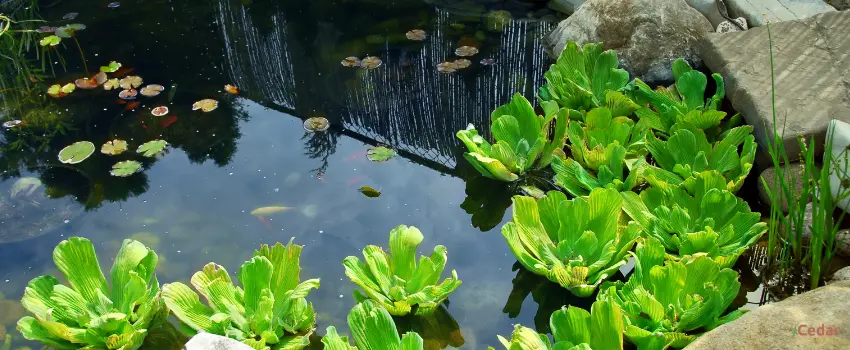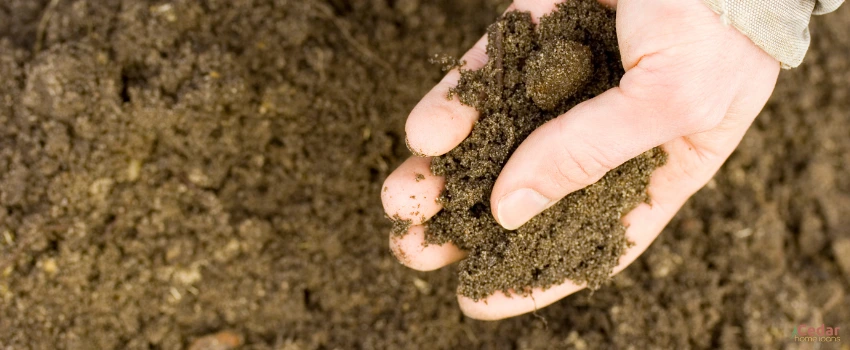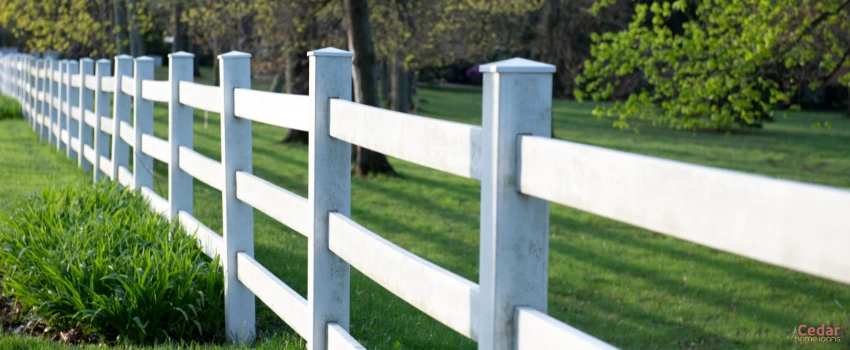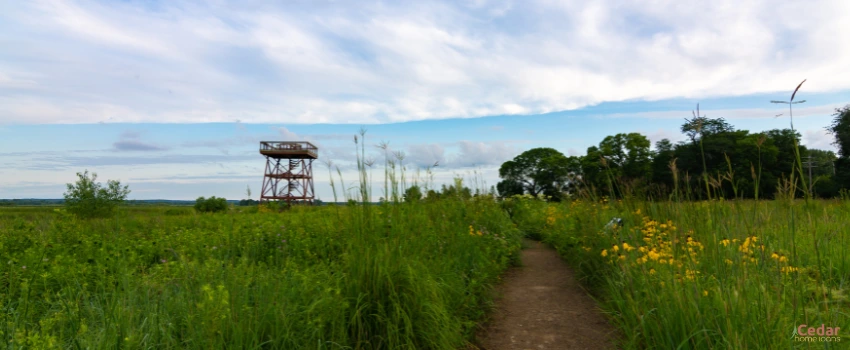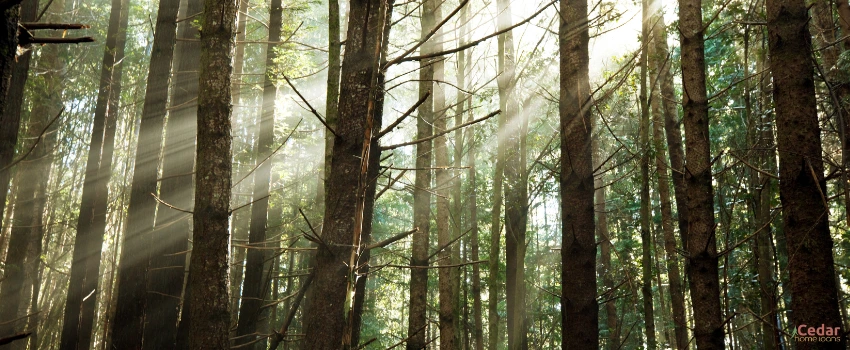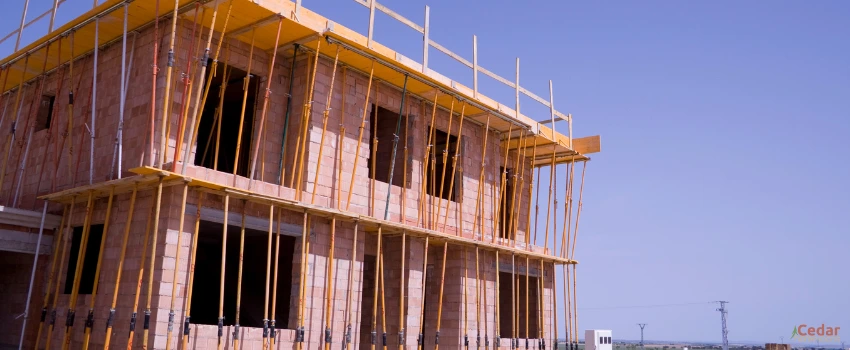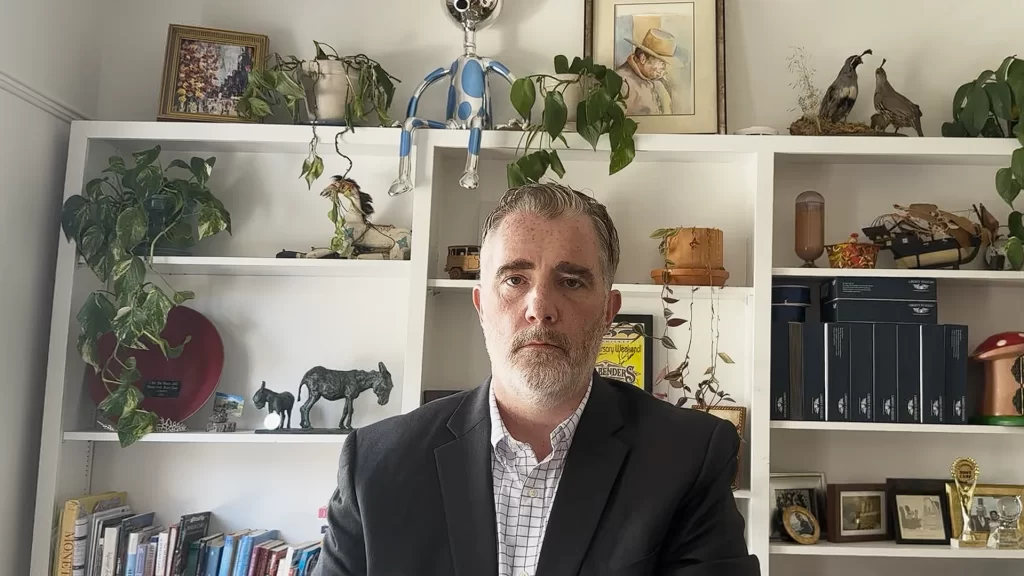So, after years of saving up, you’re finally ready to build your dream home. Congratulations! You’re now a step closer to realizing your dream of living in your own home.
Now comes the hard part–choosing and purchasing land where you want your dream home erected. Buying land is a complicated process; there are many important questions to ask before deciding which plot of land to purchase. Remember that, much like any considerable and worthwhile investment, buying land is not going to be risk-free. But if you ask the right questions, you can make this process less of a risk.
To help you make an informed decision, we have listed below the most important questions to ask when buying land.
Questions To Ask When Buying Land
If you’re buying land for the first time, here are some essential questions you should ask.
Is the land accessible?
Accessibility should be one of your top concerns when buying land. Is the land easily accessible, or will you need a 4×4? Is it too far away from the city center where you work? Are there any grocery stores, shops, restaurants, cafes, and government services nearby? All these questions are about your convenience and the lifestyle you want. If the plot of land is too far away from what you need and want, you might find the daily commute to and from the essentials tiresome later on.
Are there any developments on the property?
Check if the property is in an area that is wholly or partially developed. Are there any streetlights and walkways in the neighborhood? Are there any train stations or bus stops nearby? Again, this is all about your convenience. But more than your convenience, it can also be about your safety. An underdeveloped area where there are no streetlights and walkways, for instance, will make you feel unsafe when walking home from work at night.
Does the property have utilities?
Utilities are one of the top concerns you should have when buying a piece of land. At times, rural properties and vacant lands may only have the necessary utilities like water, electricity, or sewer system. If there aren’t any, you should know how to get them. If an off-the-grid living experience is what you’re after, you can consider eco-friendly alternatives like solar energy and deep well.
Does the property have water features on it?
It would be best if you also asked about the property’s water features and rights. Ask about your water rights’ age; the older they are, the more valuable they will be. Also, look for any permits for ponds or other water sources.
You may request a deep well permit from the seller if the land lacks a reliable water supply. It is best to ask this question early on in the negotiations. It will also tell you the type of deep well allowed, how much water you can use, and whether you can use it for livestock or the household.
What is the property’s Chain of Title?
If you’re buying a piece of land, you should know its Chain of Title. In simple terms, the Chain of Title is your property’s history of title transfers. It provides a historical timeline of the property’s ownership that buyers can use to determine its previous owners, easements, and other restrictions.
Ask the seller for a copy of the deed to ensure that the land you’re interested in purchasing has a correct title chain. If the seller cannot provide you with a current legal deed, then make inquiries at the county registers office.
Have any soil tests been done on the property?
Soil tests are required for both construction and septic installation. These tests help determine the type of foundation to use so that it can support the structure you’re planning to build there.
What are the property’s boundaries?
The property’s boundaries are one of the things to know when buying land. Some of the things you should consider about the property’s boundaries include the following:
Surveys
One critical step when buying land is to have a recent survey. Ask the land owner about the latest land survey so you can clearly define where the property’s boundaries are and identify any legal access problems if there are any. While they’re expensive, surveys are well worth it. If you’re buying with a mortgage, your lender or title company will also require a relevant survey.
Easements
Pay close attention to any easement rights indicated on the survey. Are you infringing upon someone’s property, or are they infringing on yours? Some easements permit you to use an area but prohibit any construction.
Colorado requires every parcel of land to have direct access. However, some lots are “landlocked,” meaning they are only accessible through easements on another property.
Are there any off-record issues you should know about?
Off-record issues are items not recorded with the County Recorder Office. These may include issues where the seller permitted a third party to park their car on the property. They may have also leased a part of the property to another. Or, the seller has allowed others to traverse the land for many years, which means people may continue to do so. Knowing these issues will save you from the “surprises” that may occur once you own the property.
What can you do with the land?
While vacant land has many uses, buyers need to know the restrictions imposed by zoning and HOA/POA. Understanding these restrictions help determine the land’s purpose; most vacant lots are classified as residential, commercial, recreational, or underdeveloped.
Contact the Planning and Zoning Department for the most accurate and current information on the land you’re considering buying. Each state and county will have different zoning laws.
Does the property have conservation easements?
A conservation easement is an agreement that limits land development, giving local government agencies or land trusts authority to manage it. Landowners often establish conservation easements to receive tax benefits.
Conservation easements are permanent and prohibit owners from carrying out activities like clearing, planting, and hunting to preserve the land. Verify with the county or city if the land you plan to buy has conservation easements.
Are there any environmental hazards close to the property?
Any environmental danger, such as toxic runoff into the water, chemical deposition, or leakage from underground pipes containing soil or sewage, is definitely a deal-breaker. It will not only pose health risks for you and your family but also adversely affect the property’s value, now and in the future.
Does the property have structural limitations?
Tiny homes are popular nowadays because they’re cute, charming, more eco-friendly, and offer a unique way of minimalist living. If you’re planning to get on the bandwagon yourself, you better check with the Regional Building Department to know the state’s house size requirements.
Key Takeaway
As a potential buyer, you must ask many necessary questions before buying land. These questions can increase your chances of a successful real estate venture and save you substantial amounts of time and money.
Buy the perfect land to build your home on with the help of Cedar Home Loans.
Looking for home loans in Colorado to buy that piece of land you’ve been eyeing? Cedar Home Loans is one of the top lenders in Colorado. We have local expertise and knowledge on Colorado properties, and we can answer questions like “how to buy land in Colorado?” and more. We make purchasing land in Colorado easy. Call us today.


